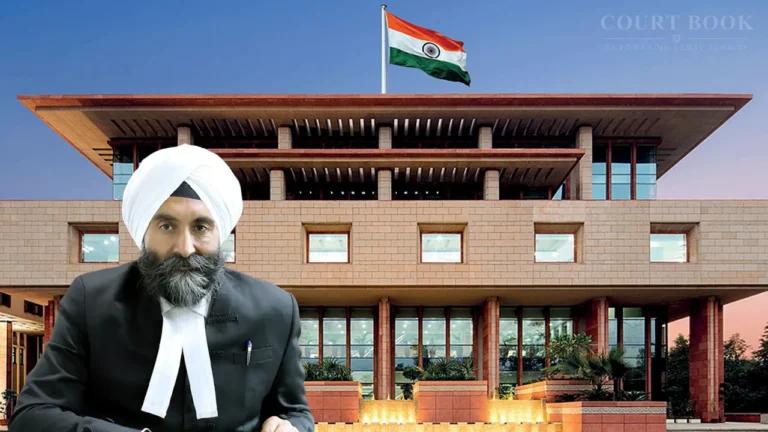In a landmark decision, the Delhi High Court has granted significant relief to a 90-year-old man, Surendra Kumar, by reducing his sentence in a 41-year-old bribery case to the period already served. The case dates back to January 1984, when Kumar, then Chief Marketing Manager at the State Trading Corporation of India (STC), was accused of demanding a bribe of ₹15,000 for favoring a business order.
Kumar was arrested on January 4, 1984, following a complaint by Abdul Karim Hamid, a partner at a Bombay-based firm. The complaint alleged that Kumar demanded ₹7,500 upfront to ensure an order for 140 tonnes of dried fish and the rest after the order was placed. Acting on this, the Central Bureau of Investigation (CBI) organized a trap operation using marked notes treated with phenolphthalein powder. Kumar was apprehended at Hotel Ashok Yatri Niwas in Delhi while receiving the cash in a suitcase.
Read also:- Patna High Court Acquits Juvenile in Rape Case, Highlights Violations of Juvenile Justice Principles
Following trial proceedings that lasted 19 years, Kumar was convicted in October 2002 under Section 5(1)(d) read with Section 5(2) of the Prevention of Corruption Act, 1947, and Section 161 of the Indian Penal Code. He was sentenced to two and three years of rigorous imprisonment on separate charges, to run concurrently, along with a fine of ₹15,000.
However, Kumar immediately appealed the conviction and was granted bail. The appeal, which remained pending for over two decades, was recently heard by Justice Jasmeet Singh. The Court noted:
“Such inordinate delay is plainly at odds with the constitutional mandate of a speedy trial envisaged under Article 21 of the Constitution of India.”
Read also:- Allahabad High Court Orders Eviction of Lawyers for Running 'Vivah Kendra' Inside Court Chamber
Kumar’s counsel argued that he had already served one day in custody and had cooperated fully with the judicial process without causing delays. He was now over 90 years old, bedridden, and suffering from multiple health issues. The Court took into account the extraordinary duration of the proceedings, his clean criminal record, and age-related vulnerabilities.
The CBI did not oppose the plea for sentence reduction, acknowledging the Court's discretion under Section 5(2) of the PC Act, which allows for a reduced sentence under special circumstances.
Justice Singh, reflecting on criminal jurisprudence and citing Supreme Court precedents, emphasized that sentencing must balance aggravating and mitigating factors:
“Sentencing is not merely a mechanical exercise but involves a careful balancing of aggravating and mitigating factors... Any such imprisonment would risk causing irreversible harm and would defeat the very objective of mitigating the sentence.”
It was also observed that this case was Kumar’s first and only criminal conviction, and he had already deposited the fine amount imposed in 2002. Noting these considerations, the Court ruled:
“Considering the above circumstances, I am of the view that this is a fit case for reducing the quantum of sentence of the appellant considering the mitigating circumstances. Hence, the sentence of the appellant is reduced to the time already served.”
The appeal was partly allowed, and Kumar’s bail and surety bonds were discharged, bringing closure to a decades-long legal ordeal.
Title: SURENDRA KUMAR v. CBI















